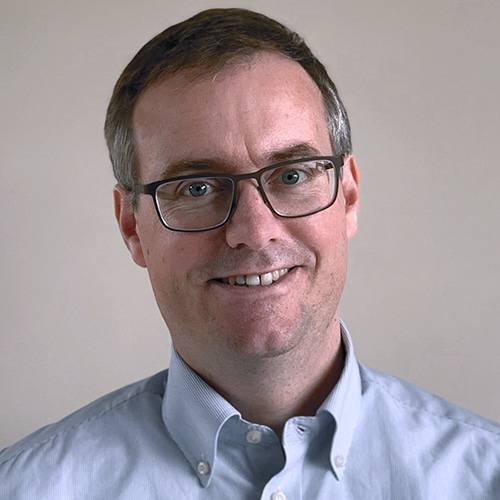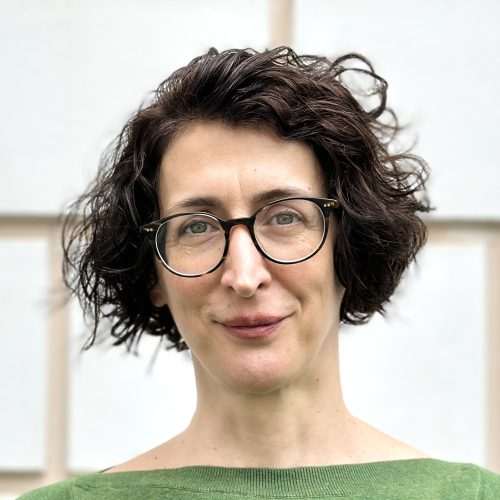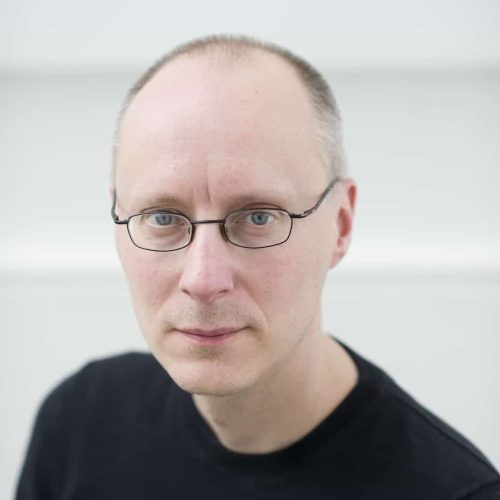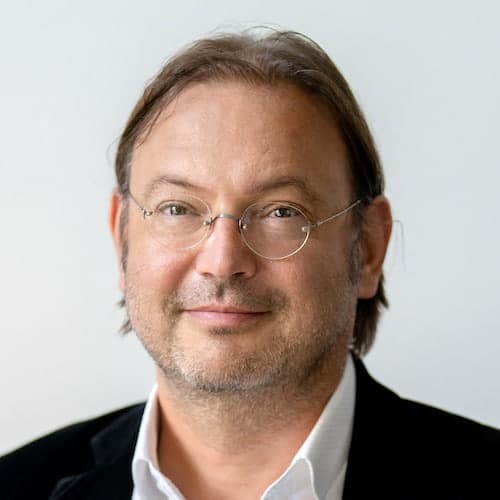During CSH Winter School, a diverse group of students worked together to explore some of the most challenging problems facing the world today: transitioning to a new, sustainable future
The Austrian Alps played host to a global group of early-career researchers exploring how complexity science can assist in the green transition. Over the course of a week, the students learned and connected with experts about various aspects of the green transition as part of the CSH Winter School. Working together in groups, they explored possible solutions for shifting toward sustainable energy and other renewable resources.
“I thoroughly enjoyed the variety of opportunities offered by the Winter School. Not only was I able to learn a lot from researchers in the field, but the group work with people from diverse backgrounds truly enriched the experience – something that would be hard to find in another school,” says Emma Thill, a PhD researcher at the University of Luxembourg.
TRANSDISCIPLINARY
As part of the Winter School, which took place in Obergurgl in early April, a series of lectures covered a range of topics, including the technological and economic changes needed for the green transition as well as the social and institutional challenges of adopting new technologies.
“Talks were provided by experts in technology and innovation, mathematical modeling and forecasting, development economics, transition studies and social psychology,” explains Frank Neffke, one of the directors of this year’s Winter School along with Mirta Galesic and Henrik Olsson.
SOFT TECHNOLOGIES
Among the speakers was Jessika Transik from the Massachusetts Institute of Technology (MIT). Transik spoke about the importance of “soft technologies” — human capital-dependent aspects of distribution, installation, and training required to implement “hard technologies”.
“It was exciting to learn about soft technologies and how they can be measured. This is what I want to do, but I had no words to conceptualize it, so it was great to see that other people are doing the same. It’s the human side of the green transition,” points out Sandeep Chowdhary, a postdoctoral fellow at IIASA.
GLOBAL PICTURE
In his talk, Harvard’s Hausmann discussed the global picture of energy use, arguing for a global approach instead of a local one. CSH associate faculty member Anton Pichler also highlighted global challenges: Compared to 20 years ago, more electricity firms in China represent sustainable sources such as hydro and solar, but the actual energy production in China remains overwhelmingly dominated by coal.
BY THE FIREPLACE
The students also had the opportunity to interact with the faculty during formal and informal discussions, as well as on walks and hikes around Obergurgl. During an evening panel by the fireplace, they learned from experts like Pichler; CSH president Stefan Thurner; Eindhoven University of Technology’s Floor Alkemade; and Swiss Federal Institute of Aquatic Science and Technology’s Christian Binz about their own research journeys and their views of the challenges and opportunities ahead for the green transition.
MORE THAN JUST TECHOLOGY
“I have learned a great deal from both the lecturers and students,” ponders Neffke. “For instance, technology plays an important role in the green transition, but it is not the biggest challenge. The technological progress in climate-change mitigation technologies – including solar panels, wind power, electric vehicles, and decentralized water management – has been so fast that it has outperformed forecasts by a wide margin.”
“In order to implement these technologies, a thicket of issues must be overcome, ranging from changing human beliefs to taking seriously the challenges of improving soft technologies to aligning social and technological dynamics so that positive cycles of technological and social tipping points are not interrupted. This means that we need to study the interplay of technological systems, with social and institutional dynamics, but also individual belief formation.”
Neffke and Galesic highlight the students’ amazing research projects to explore the economic systems, as well as the cognitive and collective aspects of the transition to a green economy. “Many new connections were formed between ideas and people, and I hope these will give rise to exciting new scientific projects in the future,” adds Galesic.














